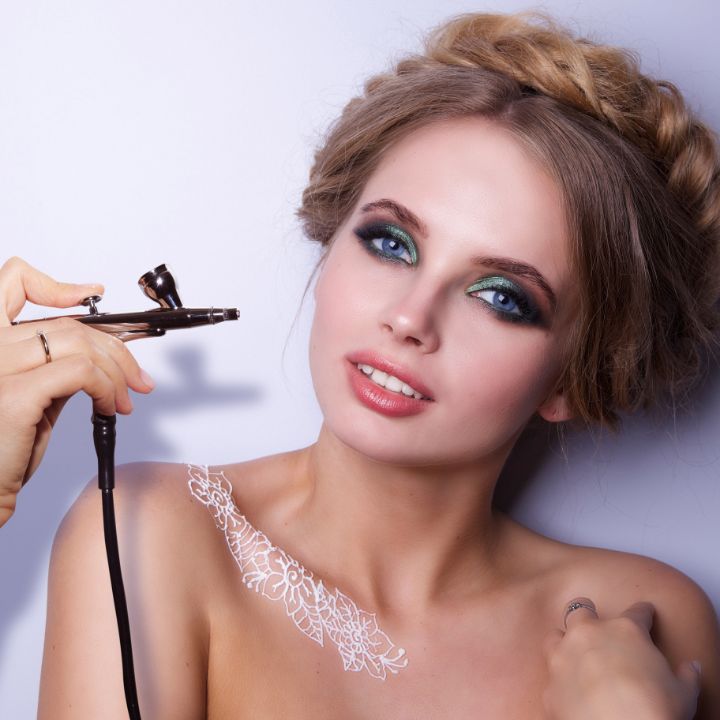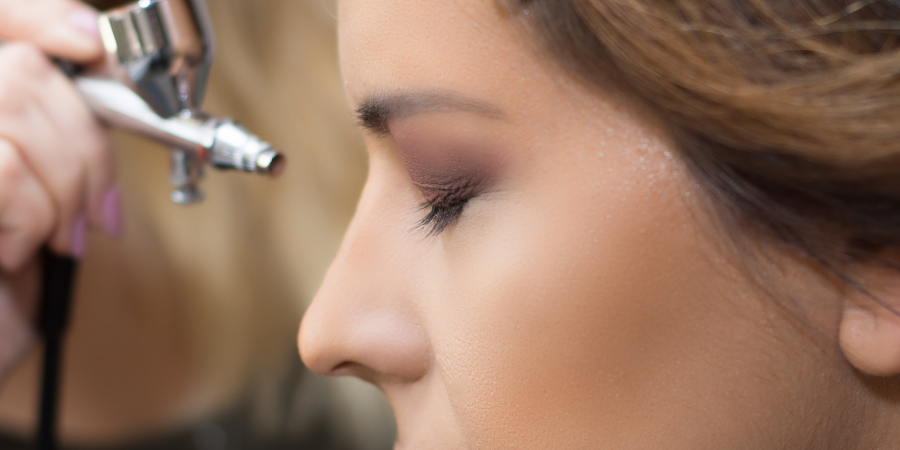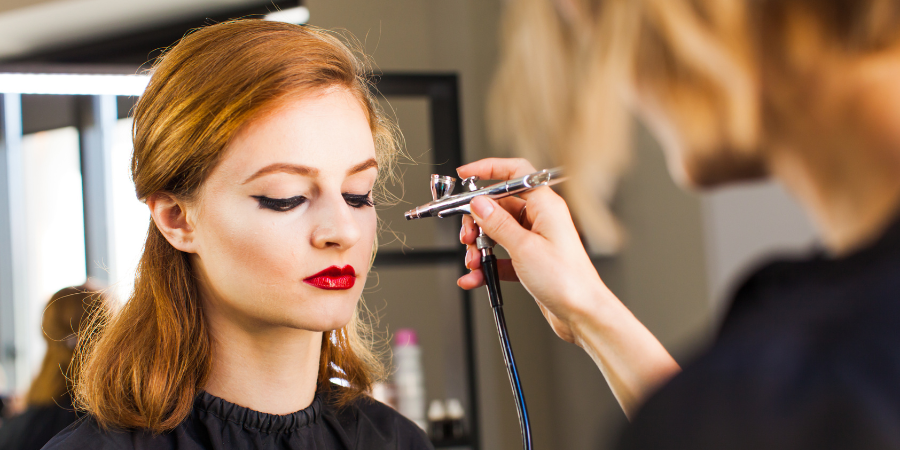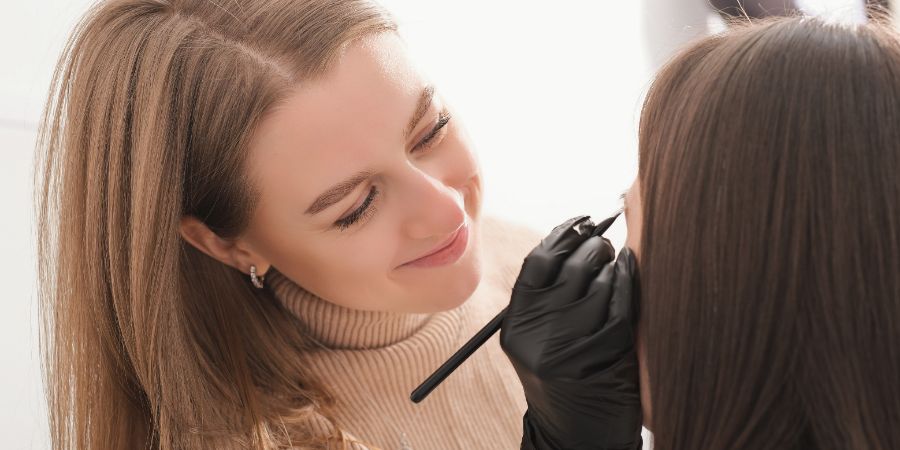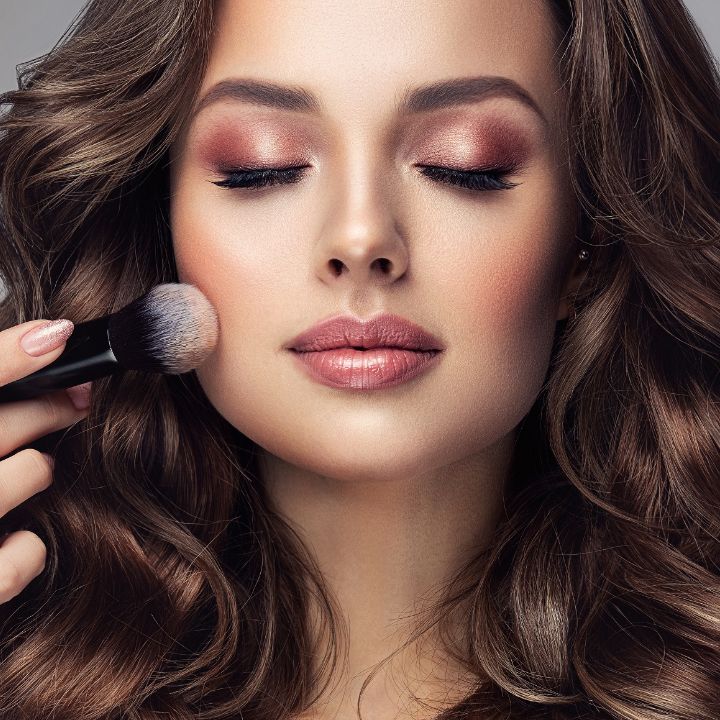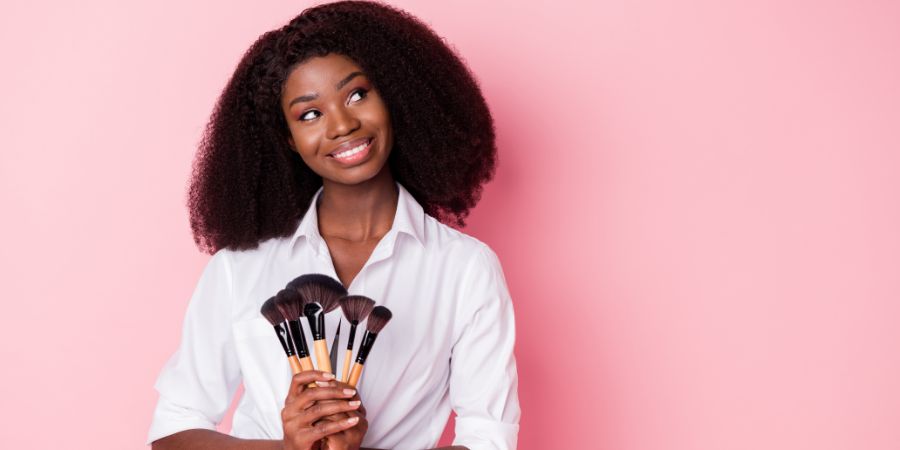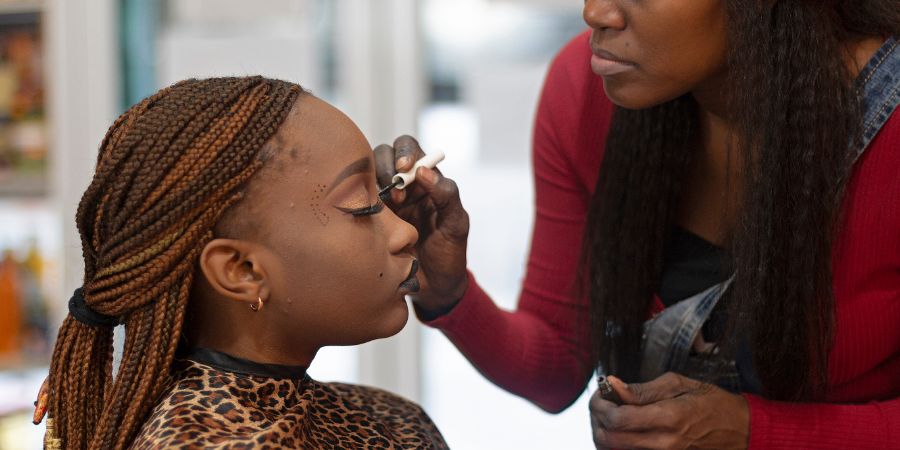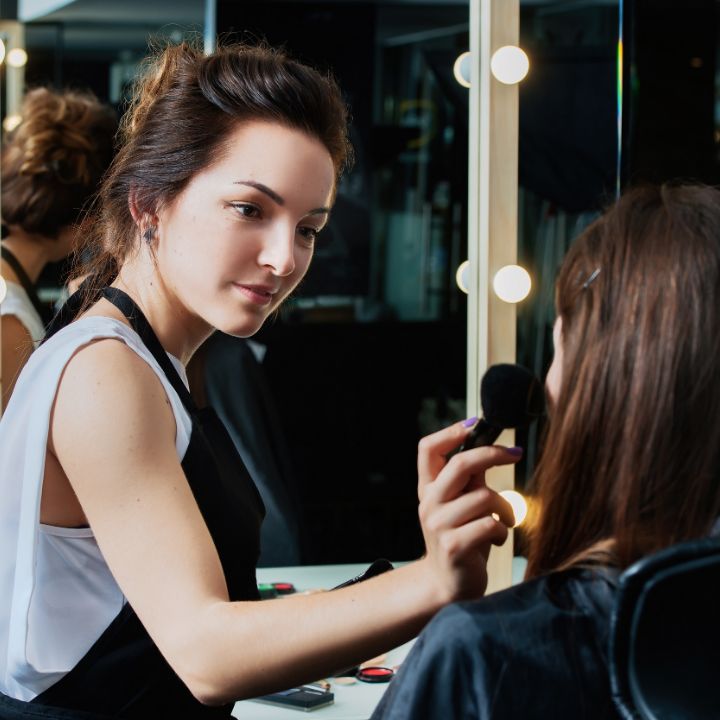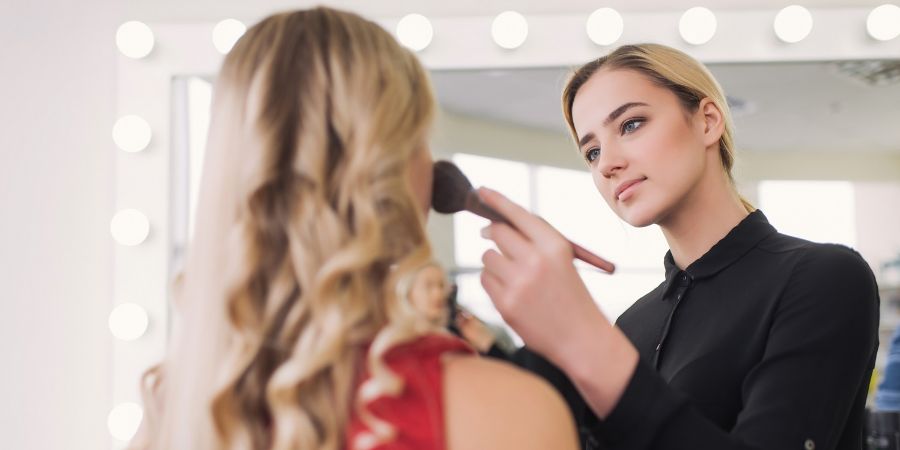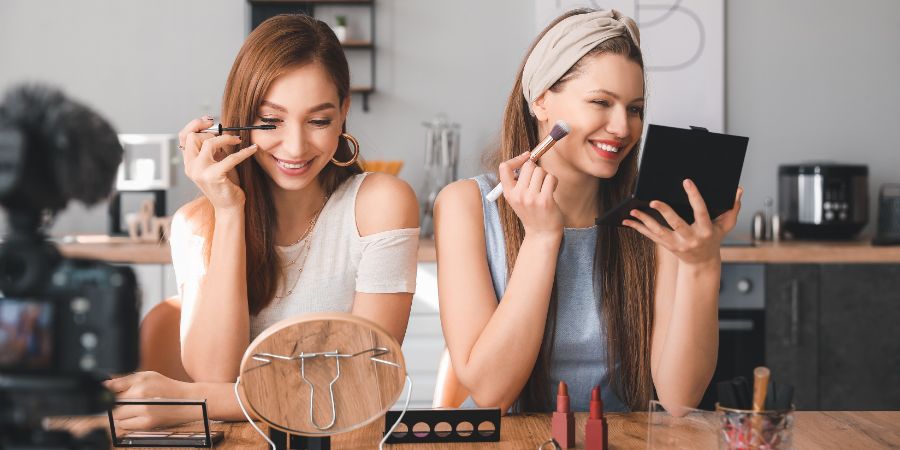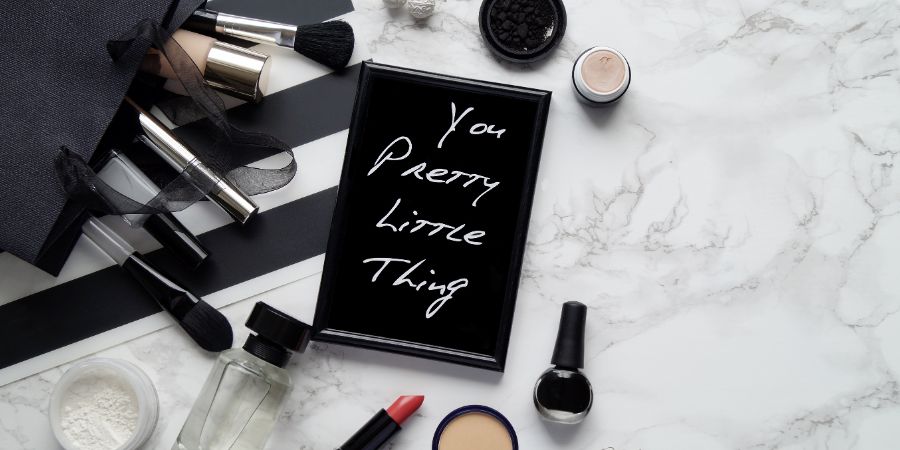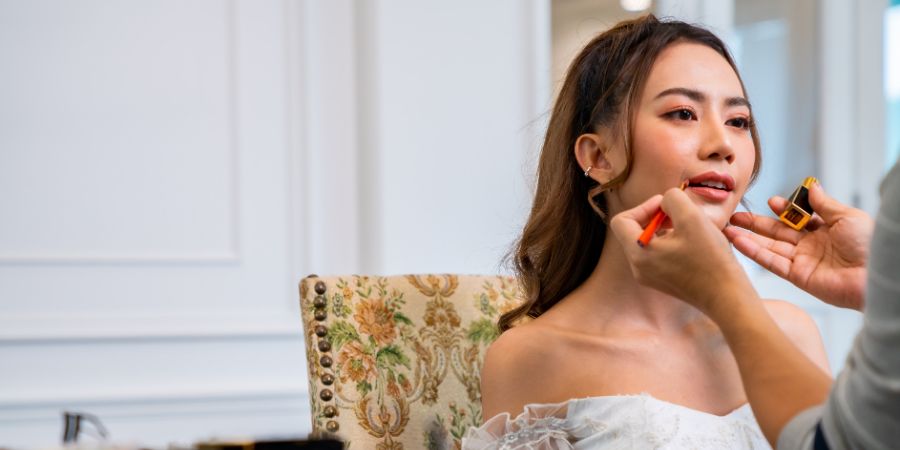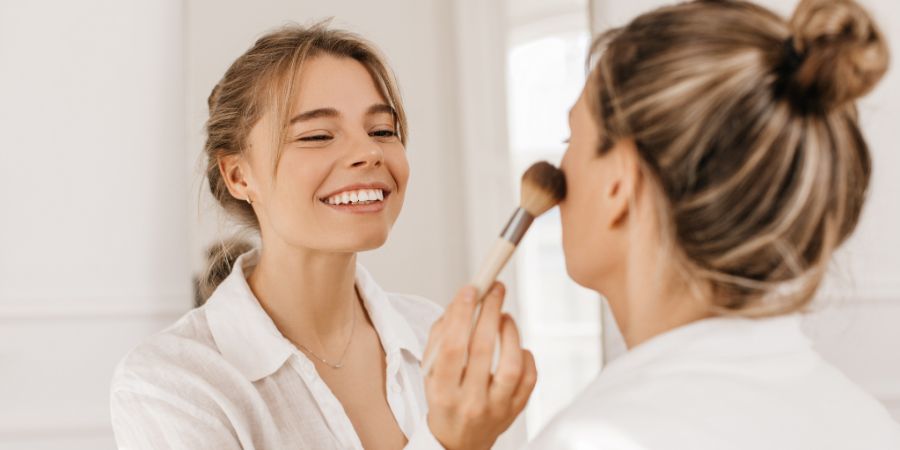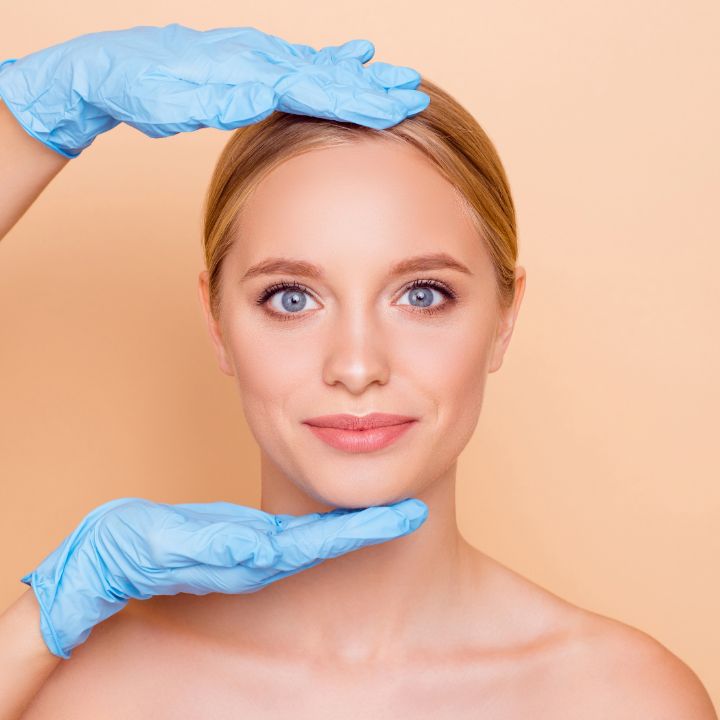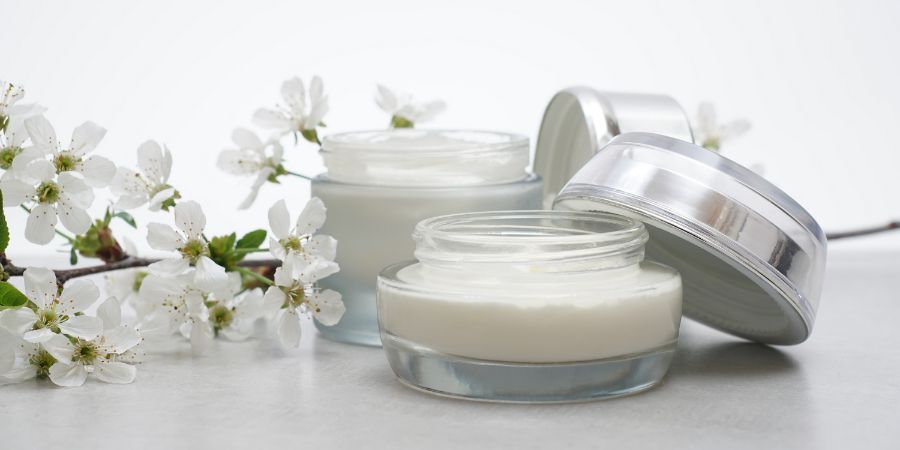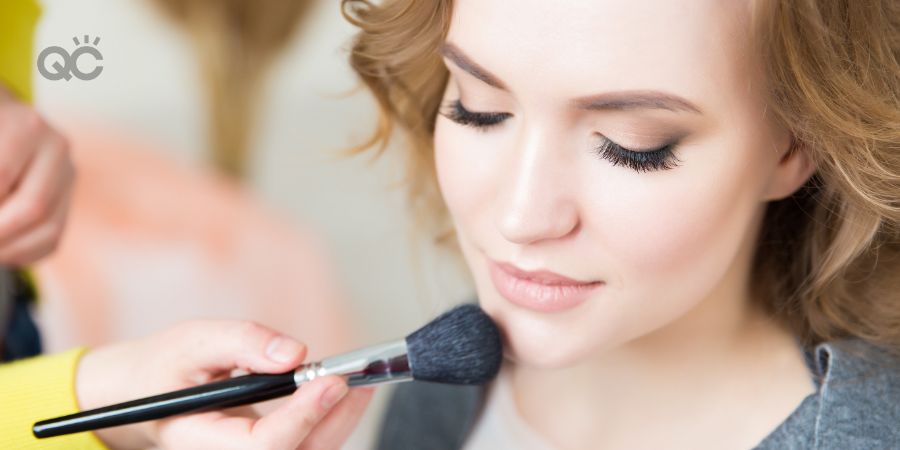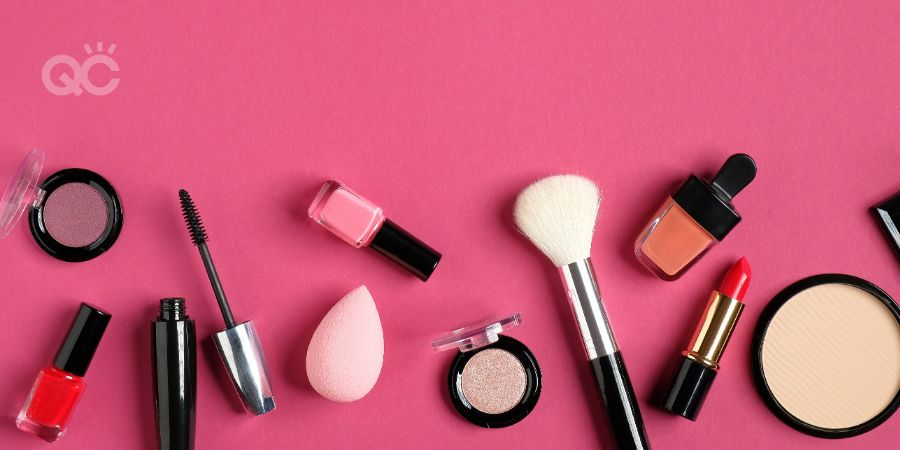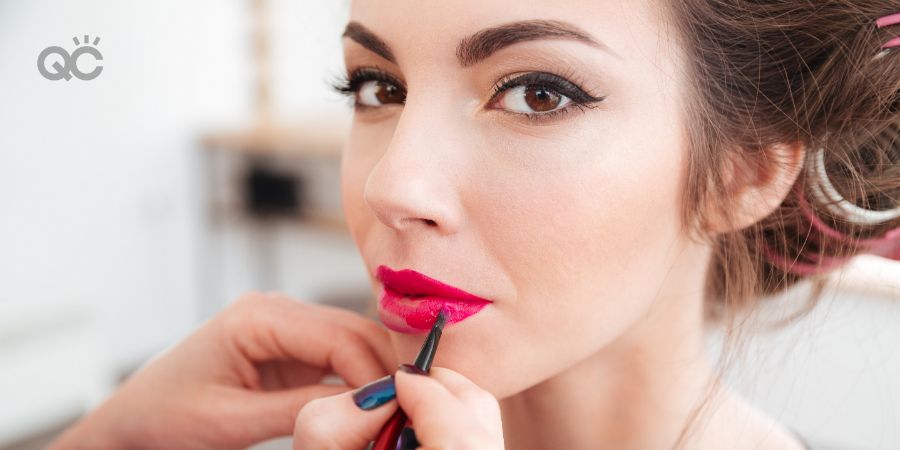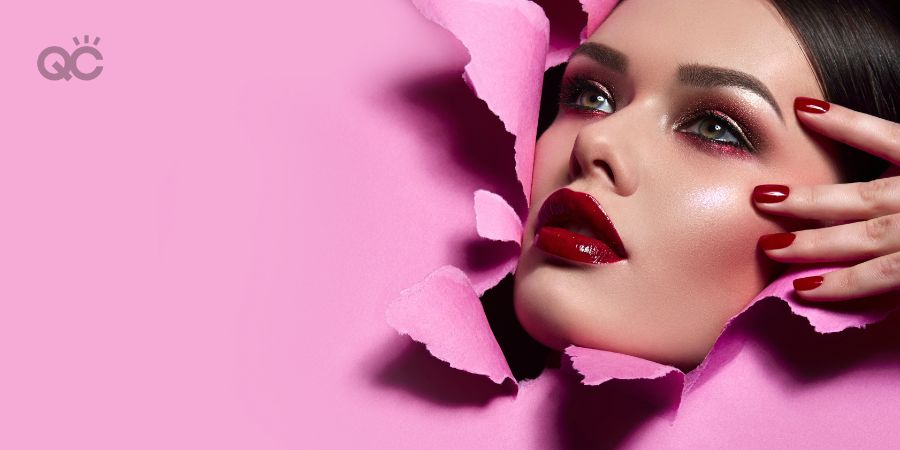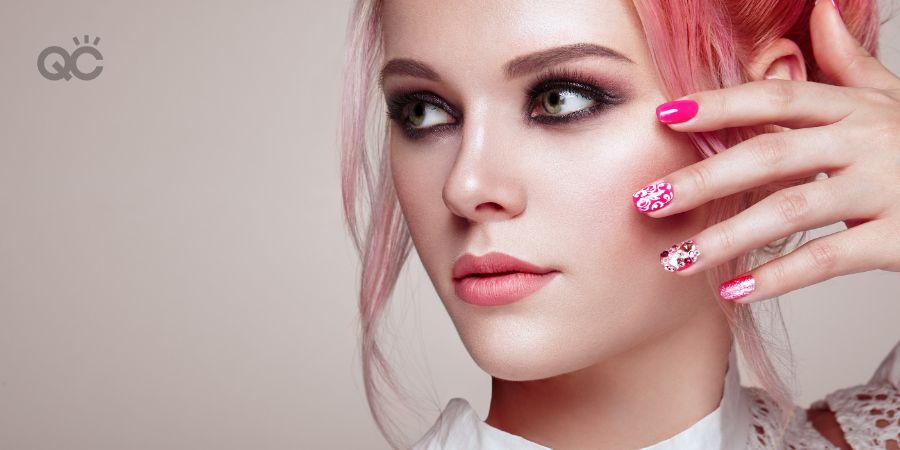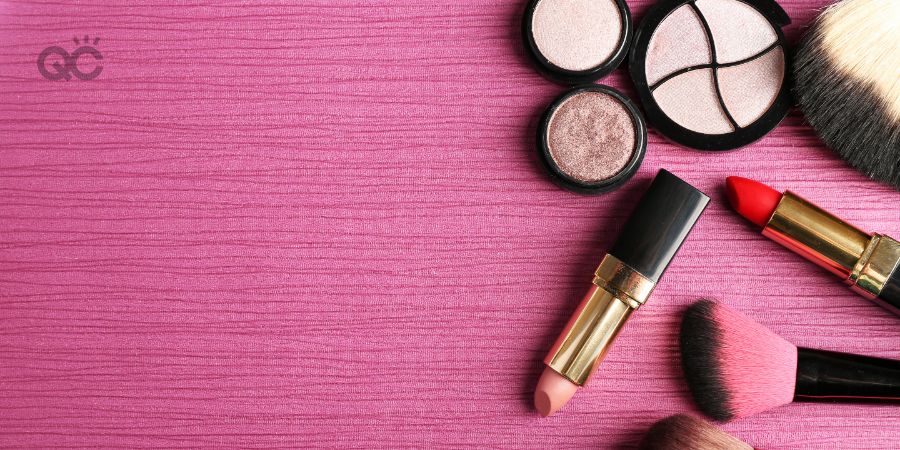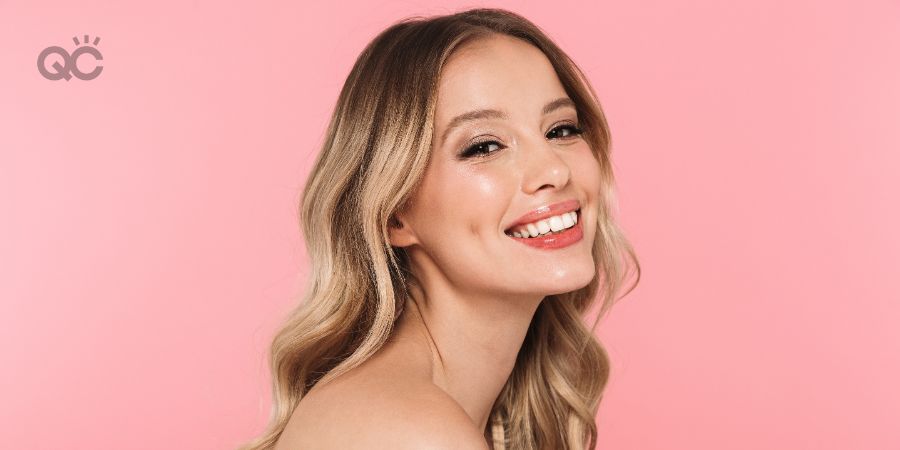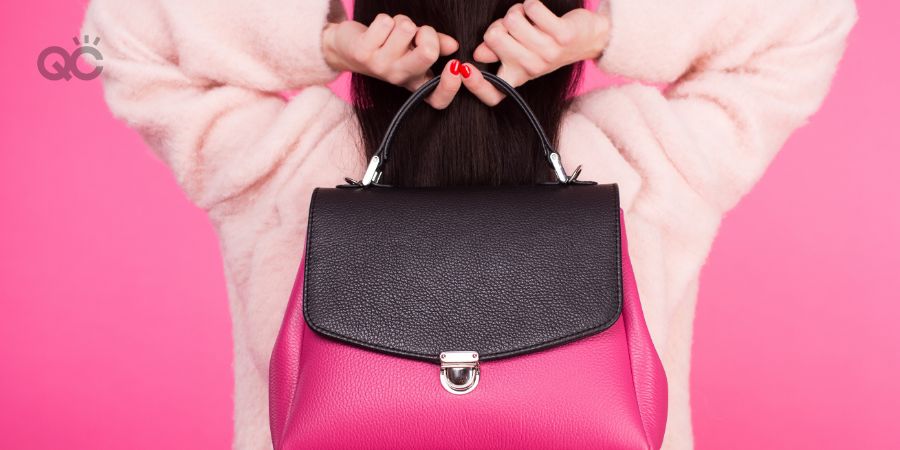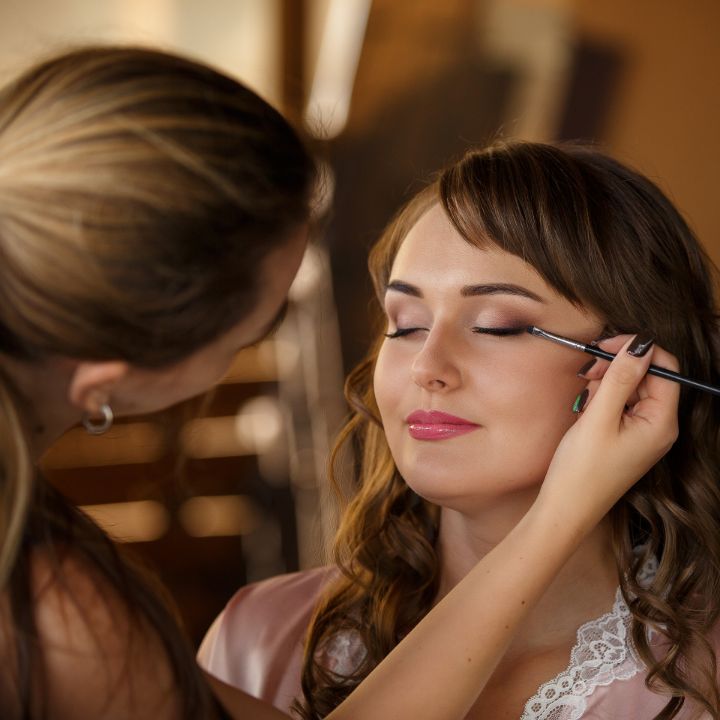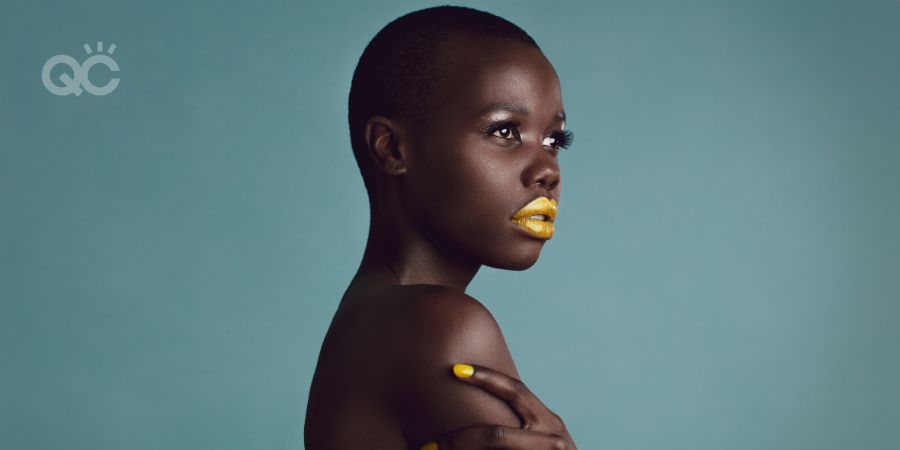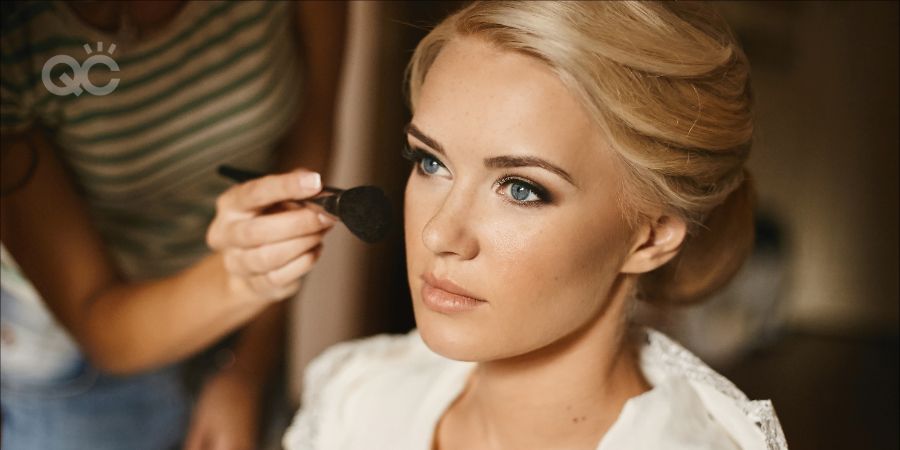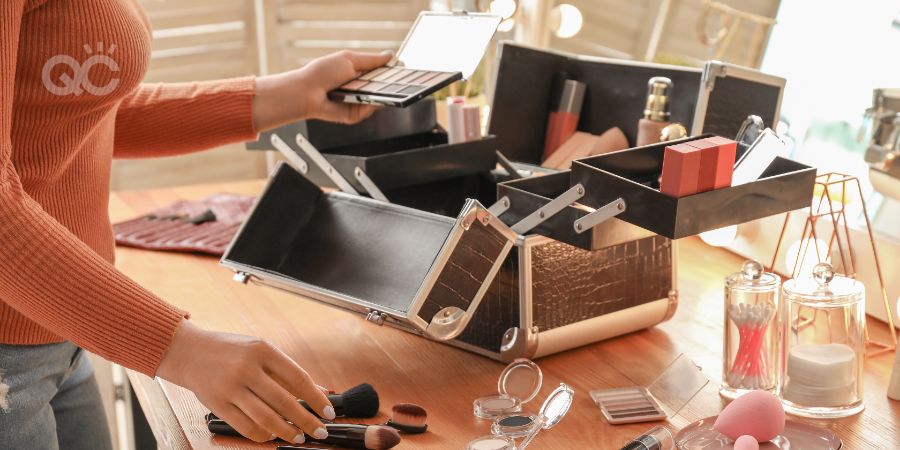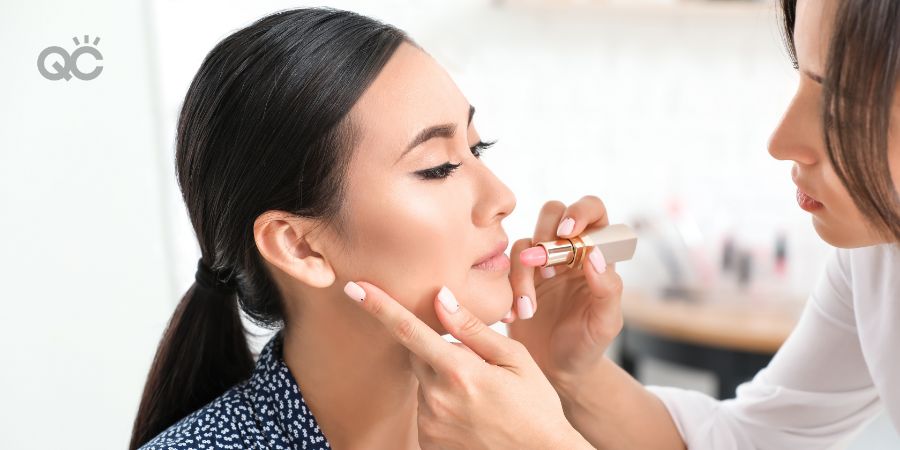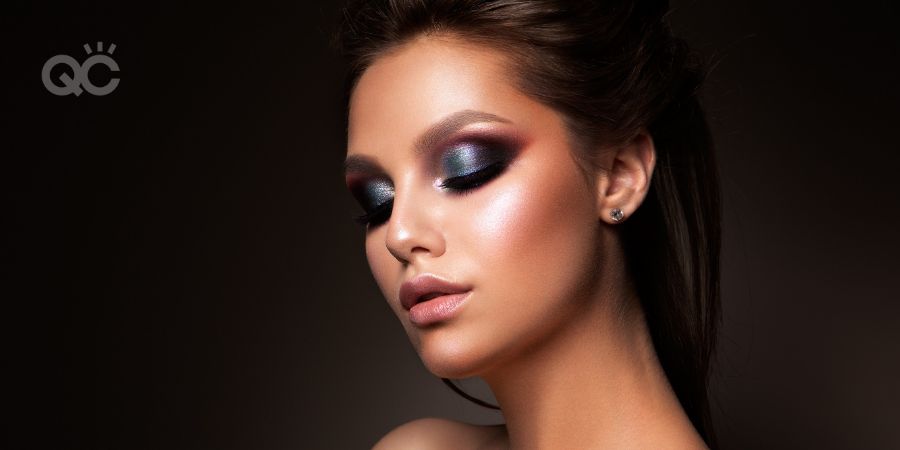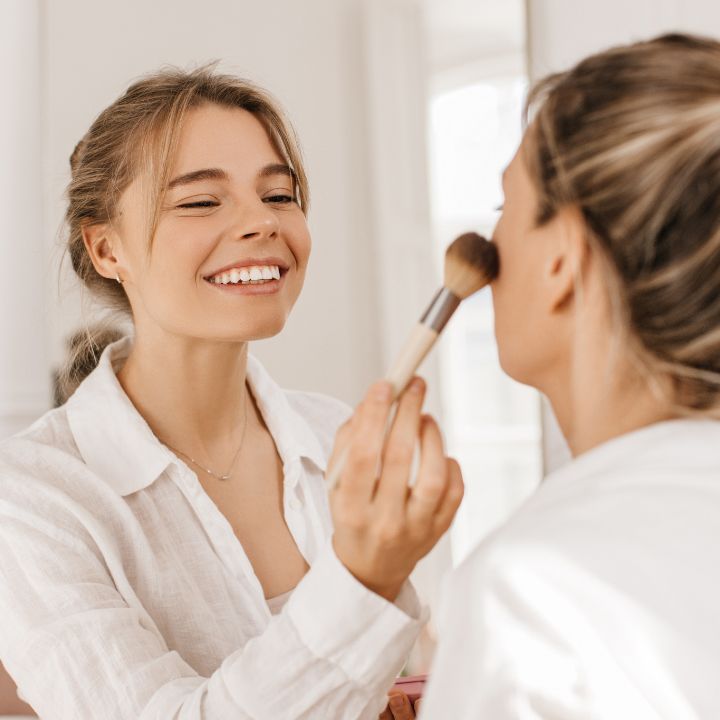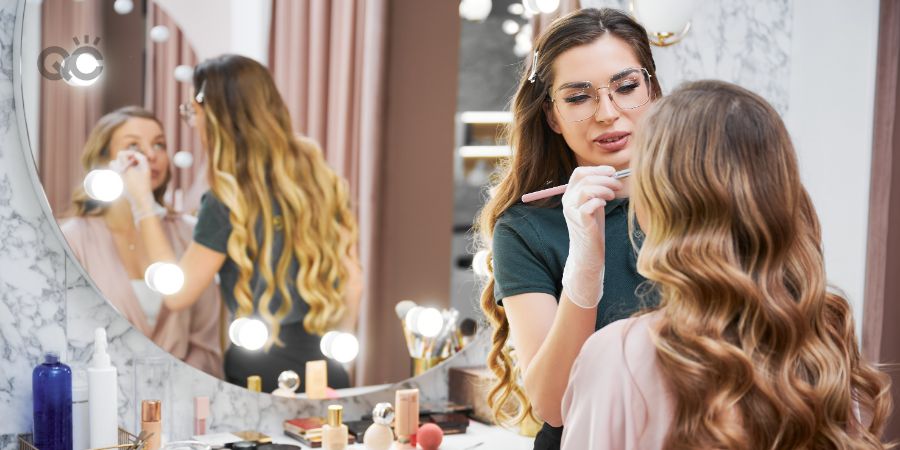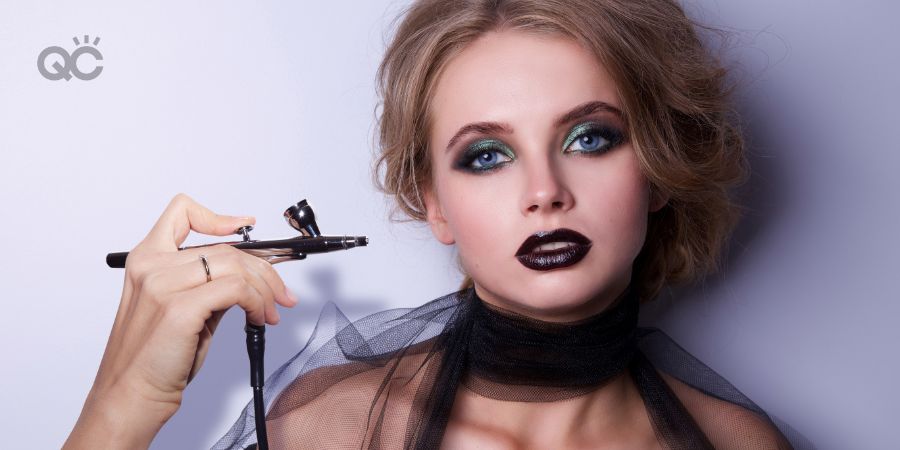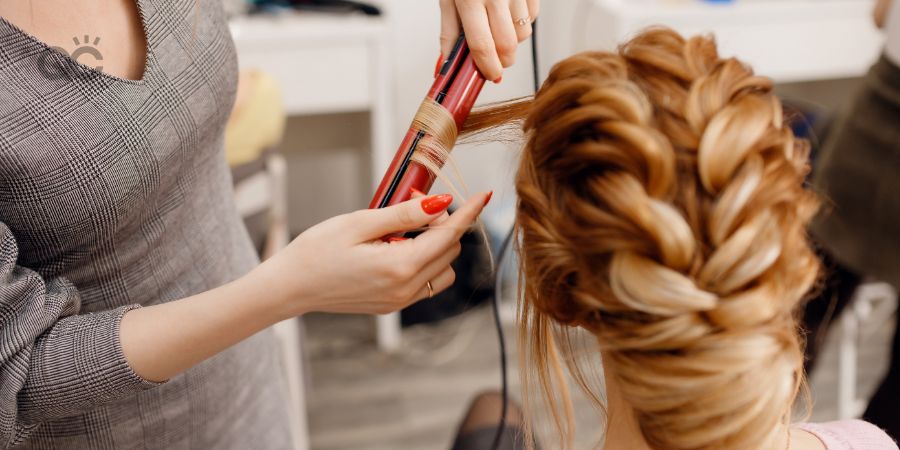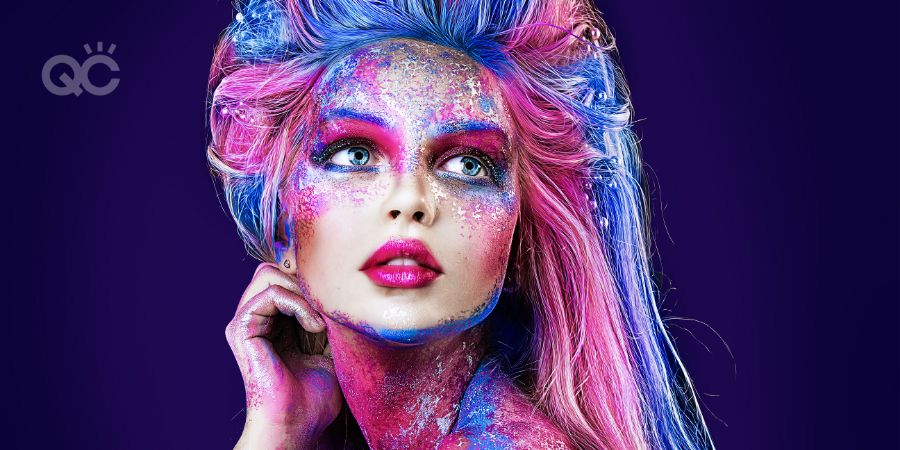
There’s no question that owning your own business is a dream for many professional makeup artists. But what is the reality of owning and running a makeup business? Is it all glitz and glamor – or are there some hidden truths that you need to know before taking the plunge? Today, we’ll explore the expectations vs. realities you may not have considered.
So, keep reading to learn everything about the reality of having your own makeup business!
What It’s Like To Run Your Own Makeup Artistry Business: Expectation vs. Reality
Alright, let’s dive right in! Here are 10 expectations vs. realities of running a makeup business that you need to know…

Expectation #1: You’ll Make Bank Right Off The Bat
Many people expect that they’ll make a ton of money right away when they start their own makeup business. As in, they’ll be raking in cash hand-over-fist and living the high life within a few short months.
Where does this myth come from?
Probably from all of the social media “gurus” out there who make it look like they’re swimming in dough. Similarly, celebrity MUAs who work with A-listers probably charge – and earn – a pretty penny. In turn, this can mislead the everyday makeup artist into thinking that they, too, will be making a killing right out of the gate.
HOWEVER, that’s not to say that you can’t eventually make a wicked income! Learn more about the average yearly salary for a makeup artist to get a better idea of the kind of figures YOU can earn!
Reality #1: It Might Take A While To Build Up Your Makeup Business (and In Turn, Your Profits)
In the real world, it will likely take time to build up a clientele and establish yourself as a reputable makeup artist. This means that in the beginning, you might not be bringing in as much money as you’d like.
And that’s okay! Remember, Rome wasn’t built in a day.
The same goes for building up a successful makeup business. It takes time, patience, and a whole lot of hard work. So, if you’re not making bank right away, don’t sweat it. Just keep hustling and eventually, the money will start rolling in.
Expectation #2: Starting a Makeup Business Can Be Done For Dirt Cheap
If you want to start your own makeup business, you might think that all you need is a few decent brushes, some good quality products, and voila – you’re in business! Understandably, this misconception is especially appealing to those who are just starting out and might not have a lot of disposable income.
Reality #2: Starting ANY Business Requires an Investment
While you might be able to get away with spending very little money when you first start out, it’s important to understand that starting ANY business requires some level of investment.
For example, in addition to brushes and products, you’ll also need things like:
- A registered business name
- A website
- Business cards
- Business insurance
- Marketing materials, etc.
Plus, if you’re planning on working from a brick-and-mortar location, you’ll need to factor in the cost of rent, utilities, etc.
Furthermore, you’ll want to plan ahead to make sure your finances are covered for the first year of operation. This is especially important because it can take time to build up a clientele when starting any business… And that means your income might be a bit erratic in the beginning. Therefore, during the first year of business, there may be times where you’ll need to dip into your own pockets in order to stay afloat.
To give you a tangible number that you can work with, Small Biz Trends states that in the United States, the average startup + first-year costs for small businesses tends to range between $30,000 and $40,000 USD. Of course, it’s 100% possible to spend less (or more) than this – it all depends on the specific business being started and where it’s located.
What we’re basically saying is, while you might be able to get by with spending very little in the beginning, understand that there will be some costs associated with starting your own makeup business!
Expectation #3: You Can Work Anywhere, Anytime
As a makeup artist, you might think that you can work whenever, wherever, since you get to determine your schedule. After all, you’re your own boss, right? So, if you feel like working at 3 am on a Tuesday, who’s going to stop you?
Reality #3: Running a Makeup Business Means Making Certain Sacrifices
While it’s true that being your own boss has its perks, it’s important to understand that running a business also requires making certain sacrifices.
For example, as much as you might want to, you can’t always work whenever, wherever. Yes, having the ability to create your own schedule is amazing… But ultimately, you’ll need to be available when your clients are available. And that might mean working during weekends, evenings, and even holidays!
Furthermore, you’ll need to be willing to travel to wherever your clients are. So, if you’re not up for putting in the extra miles (literally), then being a makeup artist might not be the right career for you.

Expectation #4: You Can Quit Your Day Job Immediately
This is a big one. A lot of people think that once they decide to start their own makeup business, they can immediately quit their day job and pursue their passion full-time.
Reality #4: You Should Probably Keep Your Day Job – At Least for a Little While
Look, we totally get it. Choosing to pursue your passion and start your very own business is a huge accomplishment – and it’s super exciting! So, it’s understandable that you might get caught up in all of the hype and want to quit your day job immediately in order to pursue your new career.
But here’s the thing: as much as we’d all love to be able to do that, it’s just not realistic for most people. In fact, unless you have a ton of savings that you can fall back on, quitting your day job without any sort of backup plan is actually a pretty big gamble. This is because, in reality, the average small business takes approximately 2-3 years to become profitable.
So, while we know it might be tempting, our best advice would be to keep your day job (at least in the beginning) and work on building up your makeup business on the side. This way, you’ll have a steady income to fall back on in case things don’t go as planned.
Expectation #5: Running a Makeup Business is All Fun and Games
Another common misconception about running a makeup business is that it’s all fun and games.
After all, what could be better than getting paid to do something that you love? Not to mention, the world of makeup artistry is not like, say, the world of finance. Rather, it’s creative, it’s fun, and it’s pretty darn glamorous.
So, understandably, this might lead you to believe that running a makeup business is all rainbows and butterflies…
Reality #5: Running a Makeup Business is a Lot of Hard Work
Make no mistake about it – running a successful makeup business IS creative, fun, and glamorous. But at the same time, it also takes a lot of hard work.
Yes, you’ll get to play with makeup all day long and make people look and feel their best… But you’ll also have to deal with the not-so-fun parts of running a business, like advertising, marketing, accounting, and (if you have employees) HR.
So, if you’re thinking about starting your own makeup business, just know that it’s not all fun and games. Running a successful business requires dedication, discipline, and a whole lot of hard work. But if you’re up for the challenge, then we say go for it!
Expectation #6: You Can Operate a Successful Business WITHOUT Proper Makeup Training
Interesting fact that you may not have known: in many places around the world, makeup artistry (unlike cosmetology and esthetics) is NOT actually a regulated field. Meaning, there are no formal education or training requirements in order to become a makeup artist.
So, obviously this means that you have the green light to launch a career – and makeup business – without first getting some professional training under your belt… Right?
WRONG.
Reality #6: Professional Training is a MUST If You Want Your Makeup Business to Succeed
Just because there are no formal education or training requirements in place for makeup artists, doesn’t mean that you can operate a successful business without proper makeup training. In fact, we would argue that the opposite is true.
If you want people to take your business seriously (and trust us, they will), then it’s important that you have some sort of professional makeup training. This could be anything from a certification program (such as the self-paced, online certification courses offered at QC Makeup Academy) to a full-blown degree from a cosmetology school.
Think of it this way: if YOU were the client, and you had to choose between an MUA without any formal training and an MUA with a professional certification or degree, who would you choose? We’re guessing the answer is pretty obvious.
So, if you’re serious about starting your own makeup business, then our best advice would be to get some proper training first. Trust us, it’ll be worth it in the long run!
Check out the full list of online makeup certification courses currently offered at QC Makeup Academy!

Expectation #7: Running a Makeup Business is Expensive
This is another common misconception about running a makeup business – that it’s expensive. While we can’t pinpoint for sure where this myth stemmed from, our best guess is due to the fact that, in order to run a successful business, you need to make sure you have the proper tools and equipment.
And let’s face it, quality makeup products aren’t exactly cheap!
Reality #7: You Can Easily Operate Your Makeup Business On a Budget
While it’s true that you running a makeup business requires having the proper tools and equipment, this doesn’t necessarily mean that it’s expensive. In fact, depending on how you choose to operate your business, it can actually be quite inexpensive.
For example, if you decide to work freelance and visit your clients at their homes or chosen location, then you won’t need to worry about the costs associated with renting out a studio space.
Or, if you choose to specialize in a certain area of makeup (like weddings or special effects), then you can invest in the specific tools and products required for that area, rather than buying a bunch of expensive, general-use products.
So, as you can see, there are a number of ways to operate your makeup business on a budget. It’s all about being strategic with your finances and only investing in what you need.
Tips For Creating a Realistic Budget for Your Business
Now that we’ve busted this common myth about starting a makeup business, it’s time to give you some practical tips for creating a realistic budget for your own business. Here are a few of our best suggestions:
- First and foremost, it’s important that you have a clear understanding of your financial situation. This means knowing how much money you have to work with and what your regular expenses are. Once you have a good handle on this, you can start to think about how much you can realistically afford to spend on your business.
- Next, make a list of all the essential items you need for your business. This could include things like makeup products, brushes, a website, business cards, etc. Once you have your list, start to research the prices of these items so that you can get a better idea of what they will cost.
- Finally, remember that your business budget is not set in stone. As your business grows and changes, so too will your budget. So, don’t be afraid to revisit it on a regular basis to make sure that it’s still accurate and realistic.
PRO TIP: Discover how you can better budget yourself as a makeup artist with the help of these 4 industry secrets!
Expectation #8: You’ll Need To Undercharge Your Makeup Services At First
This is another myth that we hear all the time from aspiring MUAs: that they’ll need to undercharge their services at first in order to get their business off the ground. Now, we can absolutely understand why this logic appears to make sense. After all, if you want to attract customers, then you need to offer them a good deal, right?
Furthermore, especially if no one knows who you are yet, you might think that it’s going to be hard to charge top dollar for your services.
Reality #8: You Should NEVER Undercharge Your Makeup Services
As a general rule, you should never undercharge your services in order to attract customers. In fact, if you do this, you could actually end up doing more harm than good.
Why? Well, first of all, it sends the wrong message to your potential clients. If you charge too little for your services, they might think that your work is also low quality. After all, why would someone pay top dollar for something that’s not worth it?
Secondly, undercharging for your services can also make it difficult to run a profitable business. After all, if you’re not making enough money to cover your costs, then how are you supposed to stay in business?
But thirdly, and arguably most importantly, undercharging your makeup services is doing YOU a major disservice! As a professional makeup artist, you have invested time, money, and energy into perfecting your craft (especially if you’ve gotten professionally trained and certified). So, why sell yourself short by not charging what you’re truly worth?
So, What’s The Solution?
The key is to find a happy medium between charging too little and too much for your services. Do some research on what other makeup artists in your area are charging and use that information to help you determine a fair price for your own services. And, of course, don’t forget to factor in your own unique experience and skills when setting your prices.
Need help figuring out what you should be charging clients for your makeup services? Here are 4 types of makeup artistry services and what you should be charging for them!
Expectation #9: You Can (and Should) Be Doing Everything Yourself
Running your own business can be a lot of work. But as a result, it’s easy to fall into the trap of thinking that you have to do everything yourself in order to be successful. After all, it’s your makeup business. So, shouldn’t you be the one in charge of everything?
Reality #9: This Will Probably Lead To Burnout
One of the biggest mistakes that new makeup artists make is trying to do everything themselves. And while it’s admirable to want to be in control of every aspect of your business, the truth is that this is simply not realistic (or sustainable) in the long run.
Think about it this way: as a makeup artist, your time is better spent doing what you’re good at (i.e. doing makeup). So, why waste your time on tasks that someone else could easily do for you (like social media, marketing, bookkeeping, etc.)?
The key is to learn how to delegate and outsource the tasks that you’re not good at or that you don’t have time for. This way, you can focus your energy on growing your business and doing what you love!
But What If You Don’t Have The Budget For This?
If you’re just starting out, then it’s understandable if you don’t have the budget to hire someone to help you with your business.
In this case, the key is to be strategic about the tasks that you delegate. Start with the tasks that are taking up the most time or that are causing you the most stress. Then, once you have more money coming in, you can gradually start outsourcing more and more tasks.
Expectation #10: Getting Your Startup Running Will Take Up Most Of Your Time
Depending on how you view this particular myth, this may actually be a reason why you’re hesitant to start your own makeup business. After all, if it’s going to take over and dominate your entire life, then is this endeavor really worth it?
This can be an especially damaging misconception if you happen to have a full-time job, are a student, and/or are a busy parent.
Reality #10: This Depends On Your Definition Of “Most Of Your Time”
Yes, the truth is that starting your own makeup business will probably take up more of your time than you originally anticipated. But this doesn’t mean that it has to take over your whole life!
As we mentioned earlier, one of the best things about being your own boss is that you get to set your own hours. So, if you only have a limited amount of time to work on your business, then you can simply schedule your work around the other important things in your life.
Of course, this doesn’t mean that you won’t have to make some sacrifices in the beginning. But if you’re strategic about how you use your time, then you should be able to get your business up and running without completely sacrificing your personal life.
After all, keeping a healthy work-life balance is one of the most important things you can do for your business (and for yourself)!

Final Thoughts
Starting your own makeup business can be a very rewarding experience. But it’s important to go into it with your eyes wide open. Be prepared for the challenges that you’ll face and don’t be afraid to ask for help when you need it.
If you can do these things, then you’ll be well on your way to success!
Got any questions or comments for us? We’d love to hear from you! Leave us a comment down below or send us an email at info@qcmakeupacademy.com.
Thanks for reading! 💕
